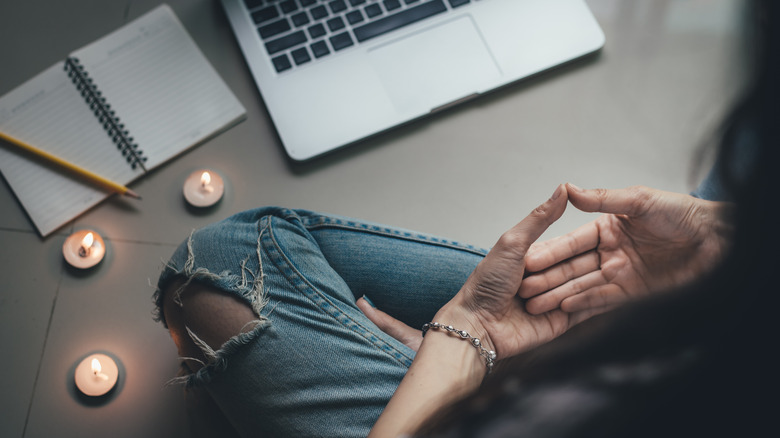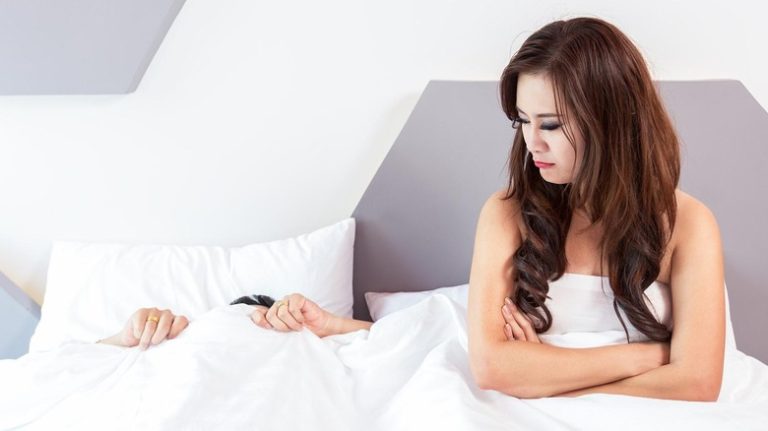It’s a typical day at home or the office, out with friends, or at a family dinner. Nothing out of the ordinary. Everything is fine. Suddenly, you start to feel dizzy, your heart starts racing, and you feel like there’s a fist squeezing your chest, making it hard to breathe. According to Single Care, you could be experiencing an anxiety attack. An anxiety attack may share some similarities with a panic attack, but there are some subtle (and not-so-subtle) differences. Panic attacks are a diagnosable condition, while anxiety attacks are not. And anxiety attacks generally last longer than panic attacks.
Where panic attacks seem to come out of the blue, anxiety attacks tend to build over time, even if you don’t notice that anxiety has been building up. Both can surprise you — even in the absence of unusually stressful stimuli at the moment. The National Alliance on Mental Illness (NAMI) estimates over 40 million adults in the United States have some kind of anxiety disorder. Here’s how to deal with sudden onset anxiety.
Deep breathing, aromatherapy, and journaling can help with sudden onset anxiety

If you experience sudden onset anxiety, you are not alone. The American Psychological Association (APA) found that U.S. adults who reported anxiety symptoms jumped more than 25% after 2024. If you suffer a sudden anxiety attack, the first to do is try to take a few deep breaths. The Counseling Center at the University of Toledo says that getting more oxygen to the brain can calm the fight or flight fear response, helping you feel safer and think more clearly. Medical News Today offers a handful of gentle and effective breathing exercises to help calm a pounding heart and loosen tense muscles.
Lighting incense, a scented candle, or smelling calming essential oils can help you feel more relaxed and slow racing thoughts. Healthline recommends soothing scents like lavender, chamomile, or sandalwood to help further calm your body and mind. If you can, grab a pen and write your thoughts down on paper. Writing can help you get out of your mind and make the situation seem more manageable.
These simple exercises can work in a pinch. However, you should talk to a therapist or counselor if you think you may have an anxiety disorder. And even if you only experience anxiety symptoms sporadically, talking to a therapist versed in cognitive behavioral therapy can help you cope when you need it most.




